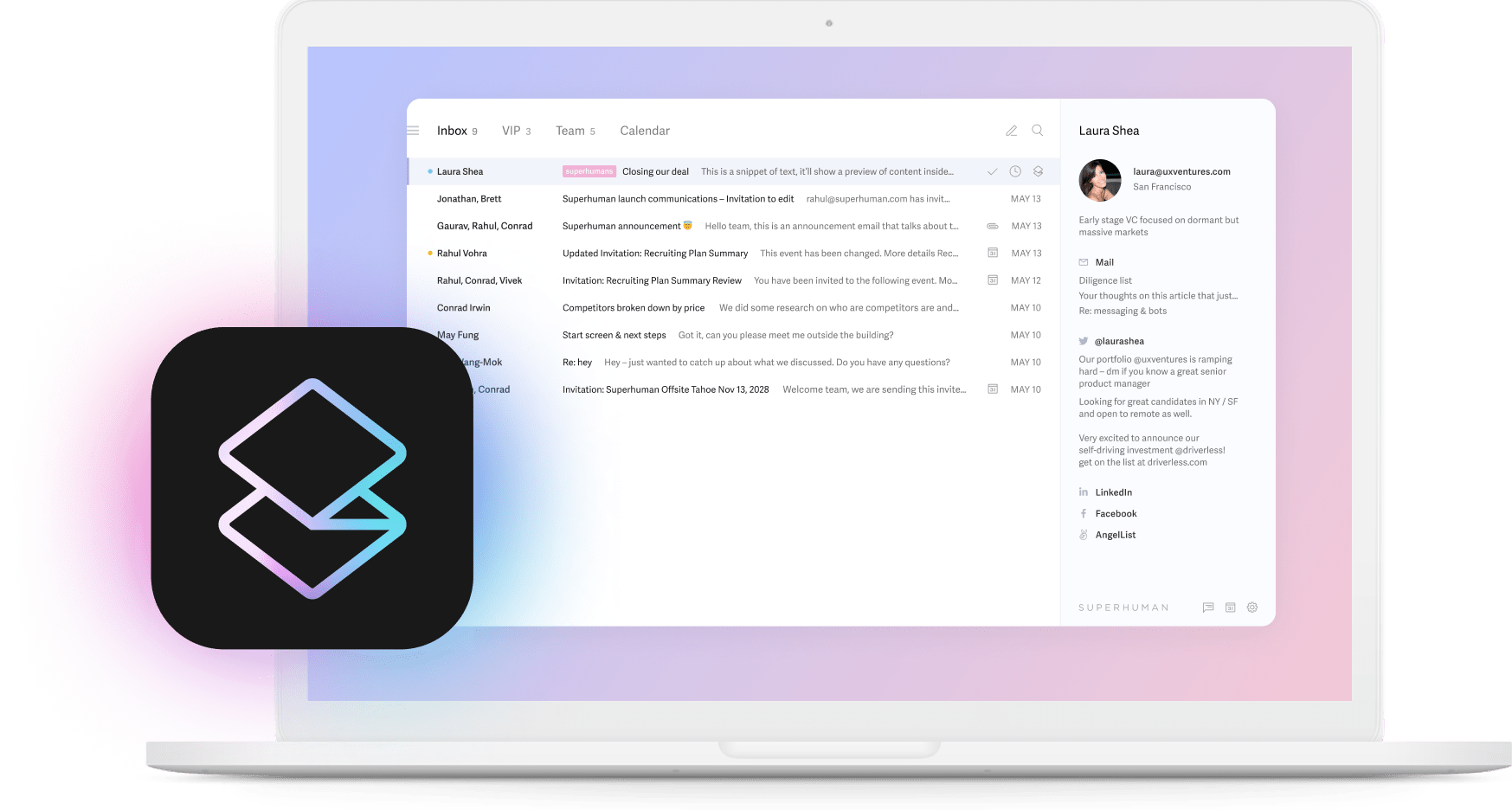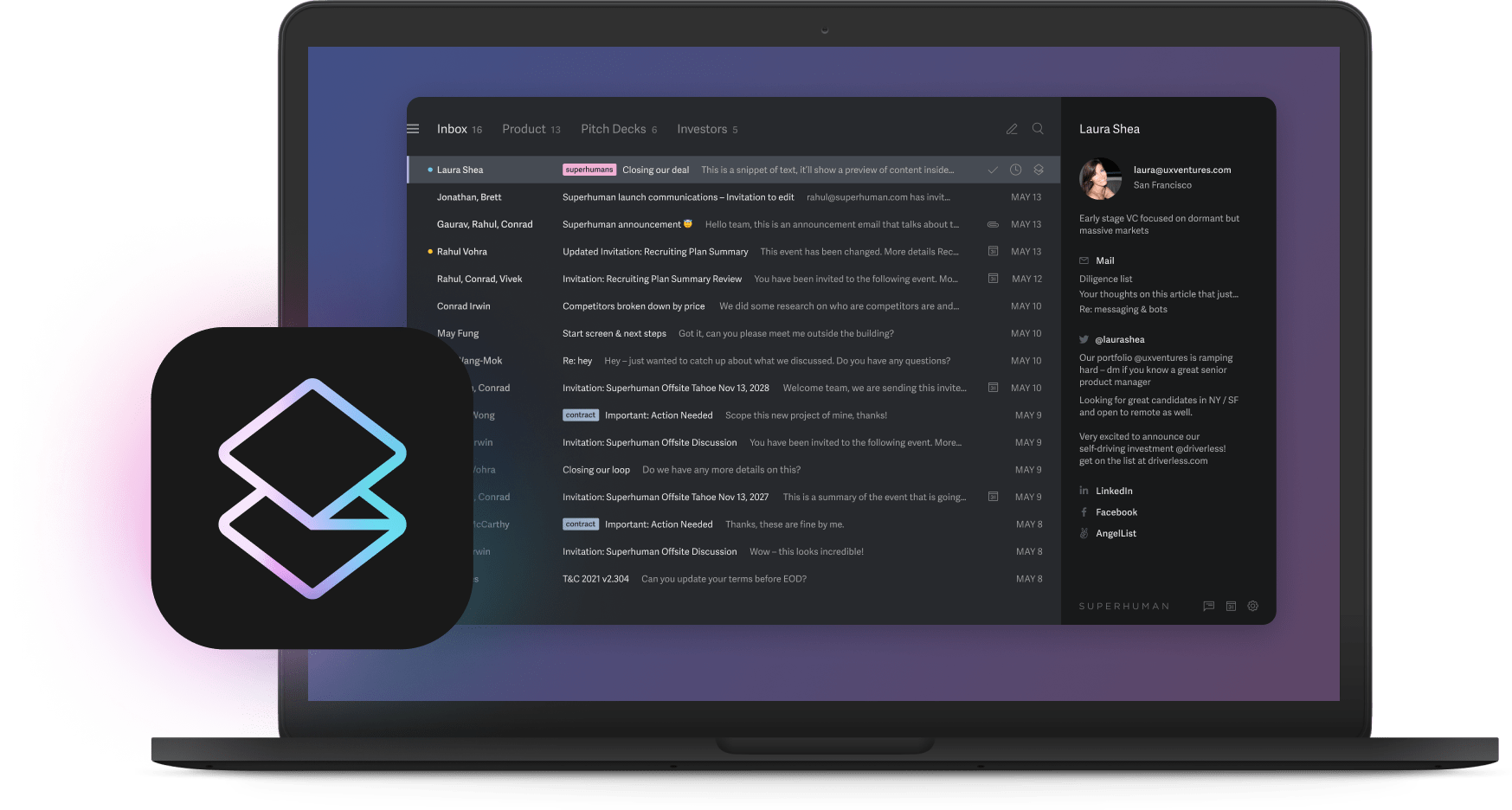
What would you do with a leaky bucket? You'd probably throw it out and get a new one — a bucket only costs $5.
But what if you feel like your brain is leaking? You can't just throw it out, obviously, but you can use techniques to repair your 'leaks' and regain your focus.
The inability to retain information can be severely limiting in both your personal and professional life. If you're constantly having your friends and coworkers repeat information all the time, you might be left wondering:
Why can't I retain information?
Whether you're trying to remember the names of the new team you're managing, studying a new subject to advance your career, or perhaps learning a new language, the ability to recall the info you've learned is crucial.
There's certainly no shortage of access to information today — it requires virtually no training to type a question into Google on your phone and receive a satisfactory answer within seconds. Anybody can do it.
The ability to absorb information, retain it, and then access when you need it is what will make a polymath.
In this post we'll discuss some of the reasons it's hard to recall things, and more importantly, what you can do to improve your memory.
Let's get started.
Why do we forget things?
Before you can improve your memory, you first have to understand the reason why some things slip your mind. Here's what the average person remembers from common methods of information intake.
You remember:
- 5% of what you learn from lecture (or a work presentation/conversation)
- 10% of what you learn from reading
- 20% of what you learn from audiovisual (YouTube or MasterClass videos)
- 30% of what you learn when you watch a demonstration
- 50% of what you learn when engaged in discussion
- 75% of what you learn when you practice your learnings
- 90% of what you learn when you teach someone else
We forget 95% of what somebody tells us! How can we explain that?
We do this by examining the work of German psychologist Hermann Ebbinghaus who developed what's known as the Forgetting Curve.
Note: Forgetting things over time, known as transience, is one of seven types of memory dysfunction described in The Seven Sins of Memory by Daniel Schacter. This post focuses on transience because of its relevance to everyday life and work, but feel free to check out the other sins of memory in his book.
The Forgetting Curve hypothesizes that information is lost over time in a predictable manner if no attempt is made to retain it. In the chart below, the red line represents the expected loss if no techniques are used. The green line represents the memorization technique of repetition — reviewing the information repeatedly at certain intervals.
Put in a different (and much less scientific) way:
We're all going to forget important information if we don't take action.
But before we get into techniques to sharpen your memory, it's important to consider some of the other factors that contribute to decreased memory.
Information overload
No surprise here: our sensory receptors experience more stimulus than ever before. We listen to music or podcasts as we exercise, we shift our vision from large screen to small screen constantly, and most of us have read at least one email during a videoconference.
But the sheer amount of that stimulus is incredible — Americans consume an average of 34 gigabytes of data every day. For context, think about what 34 gigs looks like represented as available space on your hard drive. That's the equivalent of about 5 movies!
Interruptions at work (to the tune of one interruption every 3 minutes and 5 seconds) represent another form of information coming at you. This type of information, typically loaded with a sense of urgency, takes up particularly high amounts of RAM in your brain.
So next time you're working through your inbox trying to get your work done, ask yourself if that email newsletter is really that important before you spend valuable time and energy dealing with it.
Improper use of technology
Technology is our friend, but if you act like a jerk to your friends, they will likely respond in kind.
For example, we don't remember phone numbers anymore because we carry a rolodex in our pocket or purse these days via our contacts apps. But we are getting worse answering clues on Jeopardy! from our couch because we constantly use our phones to look up information we already know but can't access quickly enough.
Research proves that if we understand a digital device will do our remembering for us, we are less likely to remember it ourselves. Unfortunately, this has downstream effects that can be worse than the actual short-term memory loss.
Nicholas Carr, author of The Shallows: What The Internet Is Doing To Our Brains, puts it this way:
"The depth of our intelligence hinges on our ability to transfer information from working memory, the scratch pad of consciousness, to long-term memory, the mind's filing system. When facts and experiences enter our long-term memory, we are able to weave them into the complex ideas that give richness to our thought."
This only underscores the need to utilize the type of technology that helps you to be more productive, focus on what's important, and build good habits.
Note: We recently surveyed more than 1,000 knowledge workers for our 2021 Workplace Wellness Report to find out what helps people be most productive. Read our findings here.
Lifestyle and age
We're not saying too many cheeseburgers will rot your brain, but we're not not saying that either…
The blood vessels in your brain can become clogged or restricted if your cholesterol, blood pressure, and blood sugar are too high. A study from Harvard showed that people who eat more saturated fat performed worse on memory tests than those who eat less saturated fat.
And of course we all know that memory tends to fade as you grow older, but that doesn't mean you have to let age slow you down! We'll discuss tips on improving memory function in the next section.
You have no training or techniques
This is by far the most significant reason you can't retain information adequately — you haven't trained yourself how to do so! Let's change that right now.
10 ways to improve your memory
Now that you understand the root of your issue, it's time to correct it. Here are 10 techniques you can use to enhance your recall.
1. Schedule time to review what you learned
Remember our Forgetting Curve from earlier?
Arguably the most direct effect you can have on your recall of information is to use a technique called spaced repetition — flashcards. Review newer or more complex information more frequently, and older and less complex info less so. This creates the ideal spacing to "remind" your brain of the new info a few times until it becomes permanent.
If flashcards seem a little too juvenile to you, there are other ways to create the desired effect. Schedule some time with your coworkers, friends, or family members to "teach" them the information you've just learned. If that type of interaction isn't feasible, consider journaling your understanding of the topic.
Any way you can find to review new information at spaced intervals will increase your retention.
2. Create associations
Creating associations is a proven method for enhancing your memory. It's the oldest trick in the book for a reason — it works.
There are tons of ways to create associations and your best bet is to try a few from this list and see what works for you. The more fun you have while creating associations, the more they'll stand out.
Let's look at a few examples:
Exaggeration/imagination
Are you meeting somebody new and trying to remember her name? Create a story in your head that she's running for president of the United States and that she commanded Air Force One to make an unscheduled stop just to meet you. There's no way you'll forget Katie's name when she's elected president.
Context/specificity
Using the same example as above, pair something with her name in order to aid your memory. For instance, make a point to remember what color her shoes were. After a few minutes when you call on your memory to recall her name you'll be thinking in your head: Katie with the brown shoes.
Just be careful saying your contextual association out loud!
Visualization
A personal anecdote on this technique:
Whenever somebody new introduces themselves to me, I usually ask how their name is spelled. If it's an obvious name, like Bob, I ask if it's spelled the normal way. Sometimes I'll try to guess: "Kathy… with a K!"
Either way, both those approaches tend to lighten the mood and the humor the situation creates helps me form a stronger memory. Once I confirm the spelling, I visualize the words written in black Sharpie on a piece of white name tag.
Bonus: Dale Carnegie wrote in his book How to Win Friends and Influence People: "A person's name is to that person, the sweetest, most important sound in any language." The ability to recall names is a great way to build rapport with new people. So important that his business even has a course for remembering names.
3. Eat better
Take this as a gentle (if not super obvious) reminder that we could all eat a little healthier. Reducing your intake of sugars and saturated fats makes your brain work better.
4. Create room for recall with a memory palace
Remember those associations from Tip #2? There is an advanced technique called a Memory Palace in which you place the associations you created inside a "room" you also create. Then, you can revisit that room when you need to recall something in it.
Also known as the method of loci, the memory palace technique from ancient Greek culture has been cited by many memory contest champions as a preferred technique for advanced recall.
5. Exercise the muscle
Google is not your friend all the time. When you're stuck trying to remember an actor's name from a movie, you (for sure!) know, pause for a few minutes before reaching for your phone or keyboard. Let your brain "exercise" until you remember, or you break down in mild frustration.
This will help you on those pub quiz nights where there are no phones allowed.
6. Use reading techniques
One of the reasons we forget things in the Information (Overload) Age is that we're skimming instead of reading — we're not giving the words, and therefore the ideas, our full attention. To read faster, we also need to avoid subvocalization.
7. Sleep more
This is another gentle reminder that taking care of your body will help your mind function better. We're all busy, all of us have professional obligations, many of us have children, but you have to put your own oxygen mask on first if you want to be useful. Sleep allows the brain to "reset" and tackle problems with a freshness you can't get any other way, i.e. caffeine.
For example, research from the Saarland University in Germany found that napping for 45-60 minutes after learning something new can increase memory retention by 500%.
The takeaway? Make time to rest.
8. Use mind mapping
For visual learners, mind mapping can be a fantastic way to help your brain create associations with the information you just learned. As opposed to the more rigid structure of a bulleted outline, mind mapping gives you more freedom to connect and position ideas in a way that makes sense to you.
With mind mapping, you're not limited to just words either — feel free to draw out your ideas and concepts. Establish hierarchies, form connections, and expand on ideas with reckless abandon until you run out of space on your whiteboard.
9. Learn your mind's rhythm
When you need to learn, schedule your study time when you're at your sharpest. For many, this will be first thing in the morning, which is likely related to Tip #7 — sleeping better.
But of course, that's not true for everyone. There are natural cycles of high and low energy your mind and body go through every day. Trying to absorb some dense material that you need to recall? It's probably not a good idea to try and accomplish that task after lunch because at around 3 PM we reach our lowest energy level of the day.
Most of us know this fact, but fewer of us are able to act on it. One of the main reasons for this is we don't actually schedule, structure, or track our efforts to understand our peak energy level. Consider creating a personal life dashboard so you can experiment with different times of day and actually track your results.
10. Set up your environment for focus
Have you ever noticed if you have an important deadline you'll often — suddenly — find several other things you must do before you start working on your main project? If you're working from home, that might be cleaning your desk, washing your dishes, or even vacuuming your workspace.
We procrastinate on the big, hairy issue because it's just so much easier to complete the smaller, hairless issues.
You can easily spend all day in your inbox if you'd like — responding to email, unsubscribing to newsletters, and clicking on promotional offers. It's easy to do, but at the end of the day, your main project still isn't finished and now your energy level is lower and you likely won't be able to complete the task with the clarity and focus you need.
At Superhuman, we believe that email is a useful and necessary tool of the modern workforce, but we recognize it's used improperly by many. Superhuman is packed full of features and design aesthetics that allow you to spend less time in your inbox so you can spend more time on things that move the needle for your profession.
By setting up your working environment, including your screen, with minimal distractions, you lay the foundation for a productive working session.




